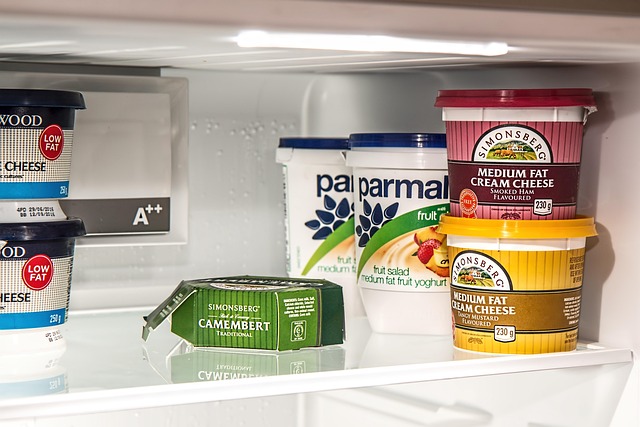Food Safety Alert: Popular Products Quietly Recalled for Health Concerns
Several grocery staples have been recalled due to safety violations, yet many households still use them. From ready-to-eat meals to everyday snacks, this guide outlines what’s been pulled, what to check in your kitchen, and how to stay safe with every bite.

Which popular food items have been recently recalled?
Several widely consumed products have been quietly pulled from shelves across Canada. Notable recalls include certain batches of pre-packaged salads due to potential listeria contamination, specific brands of granola bars containing undeclared allergens, and some frozen vegetable mixes that may contain foreign objects. Additionally, certain canned soup varieties have been recalled due to potential under-processing, which could lead to harmful bacterial growth.
Why are these food recalls often “quiet” or unnoticed?
Food recalls can sometimes fly under the radar for various reasons. While the Canadian Food Inspection Agency (CFIA) issues public notices, not all consumers regularly check these updates. Additionally, some recalls may not receive widespread media coverage if they’re deemed lower risk or affect a limited geographic area. This “quiet” nature of some recalls emphasizes the importance of proactively staying informed about food safety issues.
How can you check if products in your kitchen are affected?
To stay safe with every bite, it’s essential to regularly check your kitchen for recalled products. Start by examining the packaging of items in your pantry, refrigerator, and freezer. Look for batch codes, expiration dates, and UPC numbers, then compare these to the information provided in recall notices. The CFIA website is an excellent resource for up-to-date recall information. You can also sign up for email alerts to receive notifications about new recalls as they’re announced.
What are the potential health risks associated with recalled foods?
The health risks associated with recalled foods can vary significantly depending on the reason for the recall. Contamination with bacteria like Listeria, Salmonella, or E. coli can cause severe foodborne illnesses, especially in vulnerable populations such as young children, pregnant women, the elderly, and those with weakened immune systems. Undeclared allergens pose serious risks to individuals with food allergies, potentially causing severe allergic reactions. Foreign objects in food can lead to physical injuries, while under-processed foods may harbor harmful bacteria that can cause illness.
What unique food safety challenges does Canada face?
Canada faces some unique food safety challenges due to its vast geography and diverse climate. The long supply chains required to transport food across the country can increase the risk of contamination or spoilage. Additionally, Canada’s cold climate means that many regions rely heavily on imported produce during winter months, which can complicate traceability in the event of a food safety issue. However, Canada also benefits from a robust food safety system, with the CFIA working diligently to monitor and address potential risks throughout the food supply chain.
How can consumers stay informed about food recalls and safety alerts?
To stay informed about food recalls and safety alerts, Canadian consumers have several reliable options. The CFIA website provides comprehensive, up-to-date information on all food recalls and alerts. Consumers can also download the CFIA’s mobile app, which offers real-time notifications about food safety issues. Following the CFIA’s social media accounts on platforms like Twitter and Facebook is another excellent way to stay informed. Additionally, many grocery stores now have systems in place to notify customers about recalls affecting products they’ve purchased, often through loyalty program communications or in-store signage.
In conclusion, staying vigilant about food safety is crucial for Canadian consumers. By regularly checking for recalled products in your kitchen, understanding the potential health risks associated with these recalls, and staying informed through official channels, you can significantly reduce your risk of foodborne illness. Remember that food safety is a shared responsibility between regulators, producers, retailers, and consumers. By playing your part in this system, you’re contributing to the overall health and well-being of your community.
This article is for informational purposes only and should not be considered medical advice. Please consult a qualified healthcare professional for personalized guidance and treatment.




